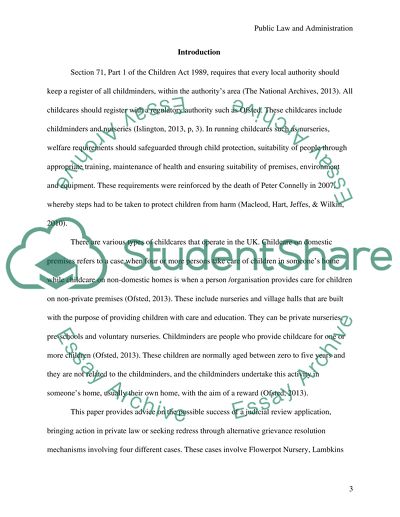Cite this document
(“Public Law and Administration Assessed Problem Question Essay”, n.d.)
Public Law and Administration Assessed Problem Question Essay. Retrieved from https://studentshare.org/law/1498551-public-law-and-administration-assessed-problem
Public Law and Administration Assessed Problem Question Essay. Retrieved from https://studentshare.org/law/1498551-public-law-and-administration-assessed-problem
(Public Law and Administration Assessed Problem Question Essay)
Public Law and Administration Assessed Problem Question Essay. https://studentshare.org/law/1498551-public-law-and-administration-assessed-problem.
Public Law and Administration Assessed Problem Question Essay. https://studentshare.org/law/1498551-public-law-and-administration-assessed-problem.
“Public Law and Administration Assessed Problem Question Essay”, n.d. https://studentshare.org/law/1498551-public-law-and-administration-assessed-problem.


